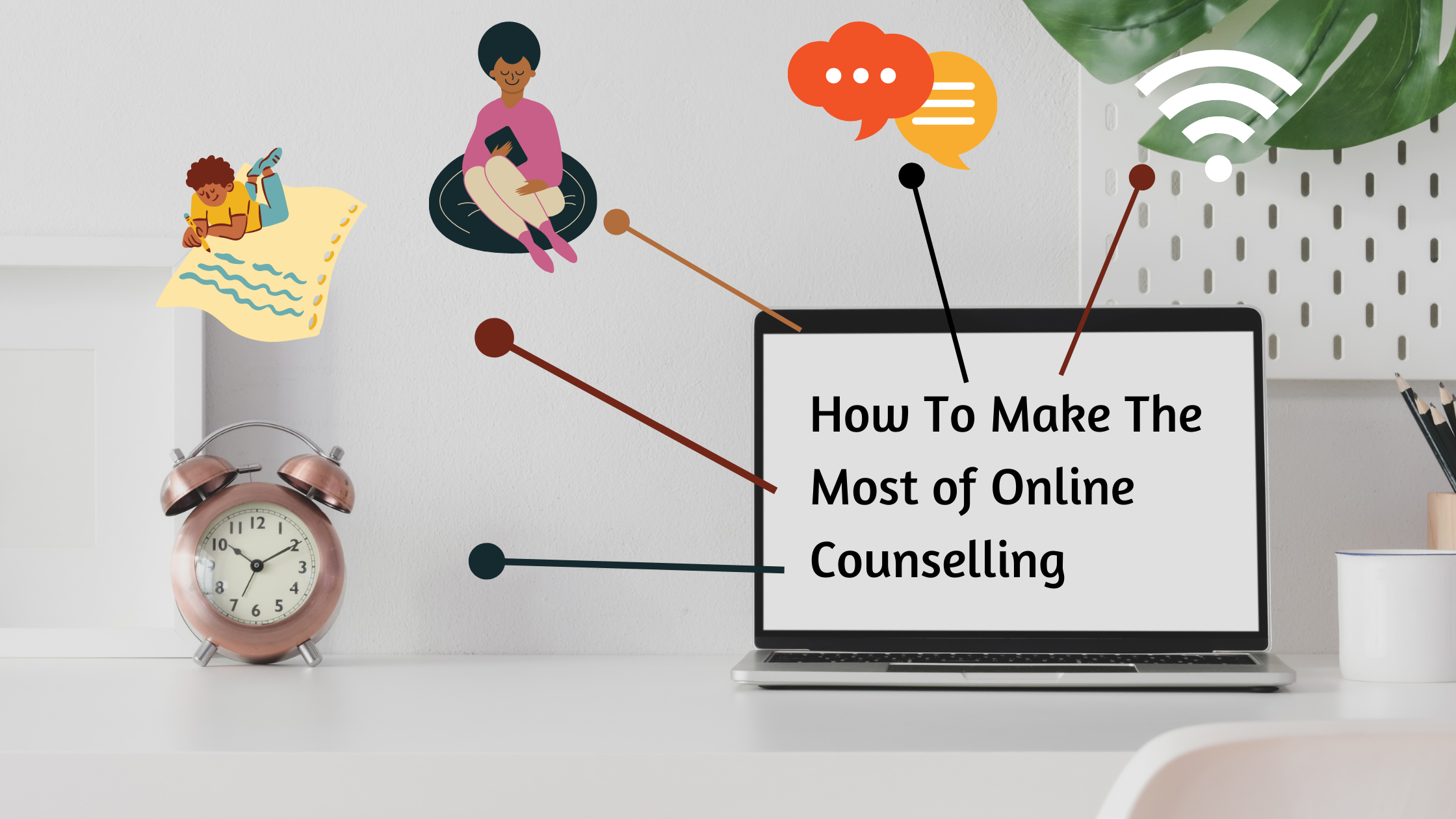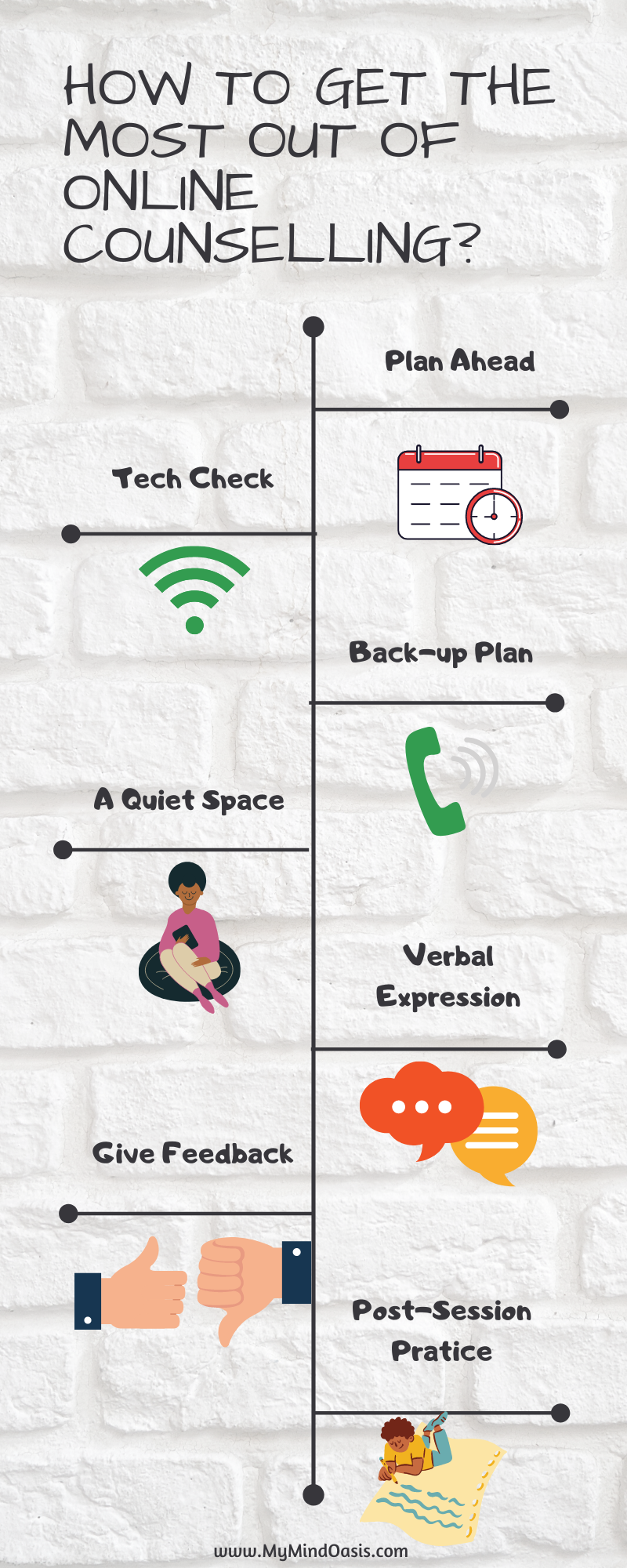I have been doing online counselling sessions for many years now. Often as an in-between arrangement when me and my clients were not in the same city. As a means of maintaining continuity. Meeting in person remained my – and most of my clients’ – preferred mode of therapy. A few months ago however, it was no longer about preference. Working remotely and meeting clients virtually for online counselling sessions was the only option available due to safety concerns in the face of the Covid-19 pandemic. There was a ‘lockdown’ like situation, which meant that I either met my clients online, or not at all. I felt responsible to minimize the risk – as much as I could.
Taking my practice online seemed like the obvious thing to do. I have been doing therapy sessions via Skype for years now, so I did not expect this to be a big change. I must admit, I was wrong.
What was different? Perhaps because it wasn’t just a few in between sessions online to maintain continuity, it wasn’t just a temporary arrangement till we met again - there was an open ended-ness to it which I had not anticipated.
Switching to a completely online practice brought a lot of challenges – some of which I was familiar with (like unreliable internet connections) and many which I had not anticipated (like online payments and building rapport virtually!). Over the weeks and months, as with anything else, it has gotten better. I have learned a lot in this time (some of it seems super obvious in hindsight!) and would like to share it with you. Simple changes and preparation go a long way in making your therapy experience hassle-free and more meaningful. So here are some tips to get the most out of your online counselling sessions:
1. Plan Ahead
Try to schedule your counselling sessions at a time when you expect least disruptions. Clear out time in your calendar as you would if you were going to the therapist’s office.
2. Tech Check
Log in at least a few minutes before the start of your session. In case you will be using a platform you are unfamiliar with and find tech daunting, spend some time getting used to the basics. Make sure your mic, speaker/headphones, camera and internet connection are working well.
3. Back-up Plan
Have a back-up plan in case of internet disruption. Knowing what to expect in case you or your therapist has a poor connection takes off some of the stress of how to deal with an outage in the moment. It also saves time.
4. A Quiet, Private Space
Find a comfortable, well lit space for your counselling session, ideally with little or no distractions. This might require some planning if you live in a shared space. It is not necessary that you have a particular type of room or desk, as long as you can feel relaxed and speak without being interrupted. Having some water and tissues handy helps too.
5. Verbal Expression
When you are in the same room, you and your counsellor can explore your feelings by paying attention to nonverbal cues like your posture, eye contact, facial expressions etc. In an online therapy session, the access to nonverbal clues is much less. Even if it feels awkward to begin with, you will find it helpful to share your present moment experience verbally.
6. Give Feedback
Letting your counsellor know if something doesn’t feel right or too much is essential in any counselling session, but becomes all the more pertinent in an online setup. Making the most of your therapy should be an open and collaborative process. Don’t hesitate to share your apprehension with your counsellor.
7. Post-Session Practice
When you access online therapy, you are in your home or other familiar surroundings. While this is great in terms of saving time and effort, it also poses the risk of blurring boundaries. Sometimes, you end up feeling too drained or emotional to focus on anything else. Give yourself time to process the session. It might be helpful to not schedule anything else right after. If possible, take some time to practice a reflexive activity - like writing in your journal - before getting back to your routine tasks.
If you are considering starting counselling but are hesitant because of the rising numbers and the risk of infection - I really hope you will give online counselling a try. I am sure you have very good reasons for not doing it till now. I have had my apprehensions about online counselling as well. However, I have seen first-hand that the benefits outweigh the shortcomings. It has been a challenging year for everyone in so many different ways, and if you have been wondering if you need counselling, it is more accessible than ever – don’t put it off anymore. If you have questions about seeking counselling online, please do get in touch.



